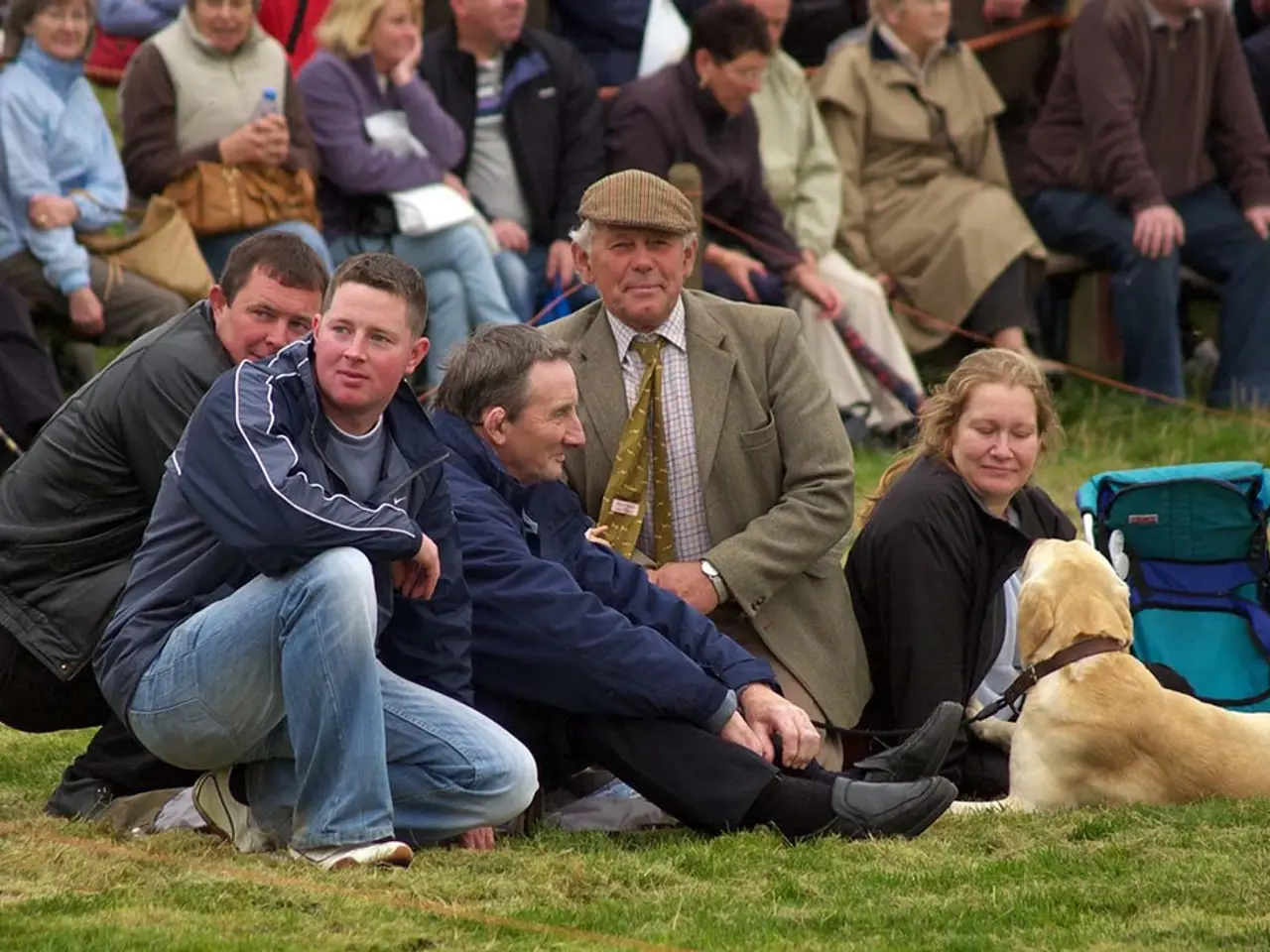Expert Tips to Manage Reactive Dogs' Excitement or Aggression
Dogs demonstrating excessive excitement or aggression towards common triggers, a condition known as reactivity, can be a challenging issue for pet owners. Understanding the causes and how to manage these behaviours is crucial. Expert trainer Jill Hassevoort, a graduate of the Karen Pryor Academy, specialises in helping fearful and reactive dogs.
Reactive dogs often display behaviours like barking, lunging, or growling when exposed to common stimuli such as the doorbell or other dogs. This can be due to a combination of factors including genetics, past experiences, pain, fear, and environmental influences. It's important for pet owners to realise that they shouldn't blame themselves for their dog's reactivity.
Jill Hassevoort, a renowned dog trainer, emphasises the need for understanding and patience. She suggests that pet parents should first identify the triggers that set off their dog's reactive behaviours. Once identified, desensitisation and counter-conditioning techniques can be employed to help the dog become less reactive over time.
Reactive dogs require patience, understanding, and professional guidance. By identifying triggers and employing appropriate training methods, pet owners can help their dogs manage and eventually overcome reactive behaviours. Experts like Jill Hassevoort are available to support pet parents through this process.




